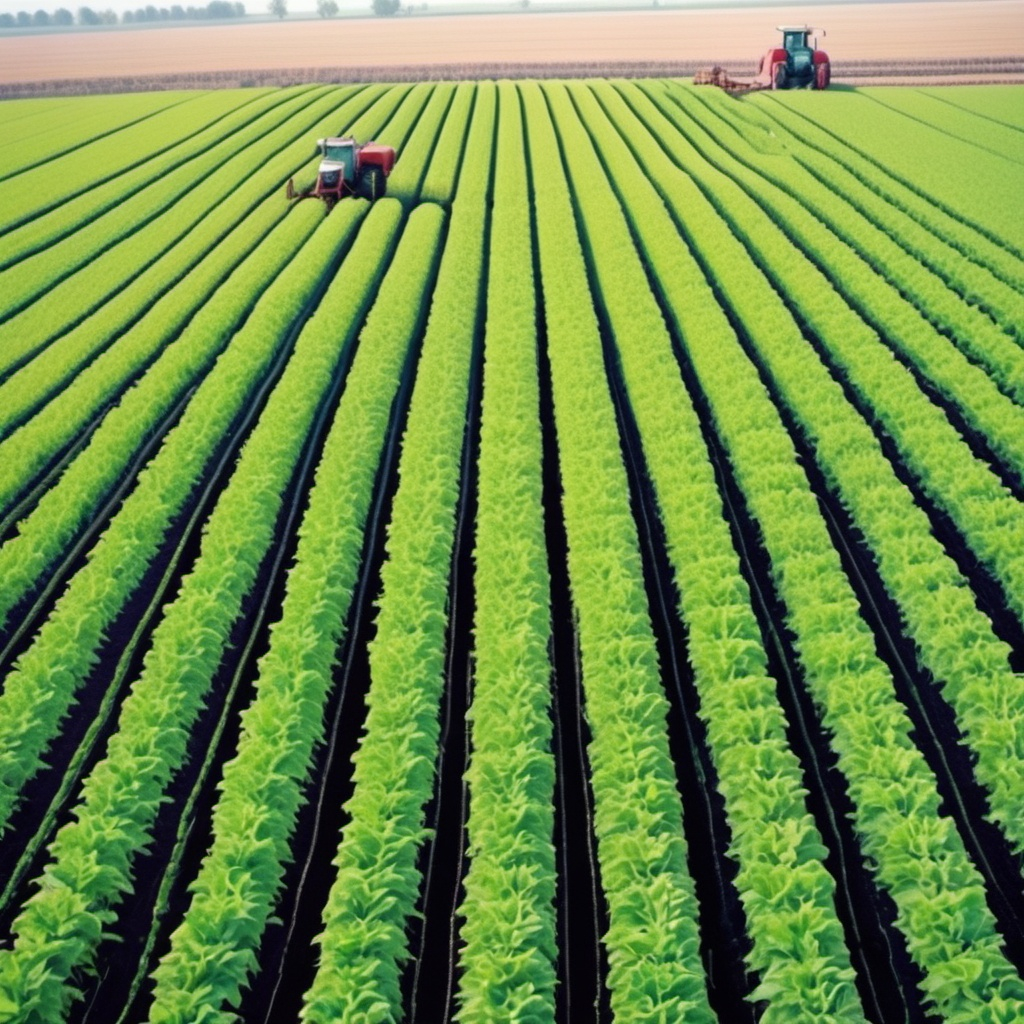
Agriculture has been the backbone of human civilization for thousands of years. Before the rise of modern technology, farmers relied on traditional methods that were passed down through generations. While technological advancements have revolutionized farming, some communities and individuals still practice agriculture without the use of advanced tools and machinery.
Manual Labor as the Primary Workforce
In a world without agricultural technology, manual labor plays a pivotal role. Farmers must rely on human and animal power to plow fields, plant seeds, and harvest crops. This labor-intensive approach limits the size of the farm and the amount of food that can be produced. Families or small groups work together to maintain the land, with physical endurance being crucial to the success of their efforts.
Natural Irrigation and Rainwater Dependency
Without advanced irrigation systems, farmers must depend on natural rainfall to water their crops. In regions with irregular rainfall patterns, this can be particularly challenging. To compensate, farmers may use ancient techniques like constructing channels to divert rainwater to their fields or rely on seasonal flooding for irrigation. Water scarcity often becomes a significant concern, limiting crop yields and leading to unpredictable harvests.
Traditional Seed Selection and Crop Rotation
Farmers who practice agriculture without technology rely heavily on traditional seed-saving techniques. After each harvest, they set aside a portion of seeds to plant in the next growing season. This ensures the preservation of native plant species and strengthens biodiversity. Additionally, crop rotation is commonly used to maintain soil fertility. By alternating crops on a specific plot of land, farmers help prevent soil depletion and improve overall agricultural sustainability.
Animal Power for Tilling and Transportation
In the absence of tractors and other machinery, animals like oxen, horses, and buffaloes are used to till the land. These animals are trained to pull plows and carry heavy loads, making them essential partners in the farming process. This method is slower and requires more effort than mechanized farming but remains effective for small-scale agricultural operations.
Organic Fertilization and Pest Control
Farmers without access to synthetic fertilizers and pesticides turn to organic solutions. Composting plant materials and animal manure is a common practice to enhance soil fertility. Pest control methods involve using natural repellents, such as neem leaves, or encouraging predator species like birds to keep insect populations in check. These organic practices help create a more sustainable ecosystem, though they may be less efficient than modern chemical-based alternatives.
Hand-Harvesting Techniques
Without modern harvesting machines, all crops must be gathered by hand. This process is time-consuming and labor-intensive, especially for large-scale farming operations. Crops such as rice, wheat, and maize require teams of workers to cut and collect the produce. The work is often seasonal, with entire families and communities coming together during harvest time to ensure the crops are gathered before spoilage or adverse weather conditions set in.
Limited Market Access and Distribution
Farmers practicing agriculture without technology face significant challenges in getting their products to market. Without access to transportation technology, many rely on animal-drawn carts or carry their goods by hand to local markets. This limits their ability to expand their customer base and often confines them to small, local economies. Additionally, perishable goods can spoil before reaching consumers, reducing profitability and food availability.